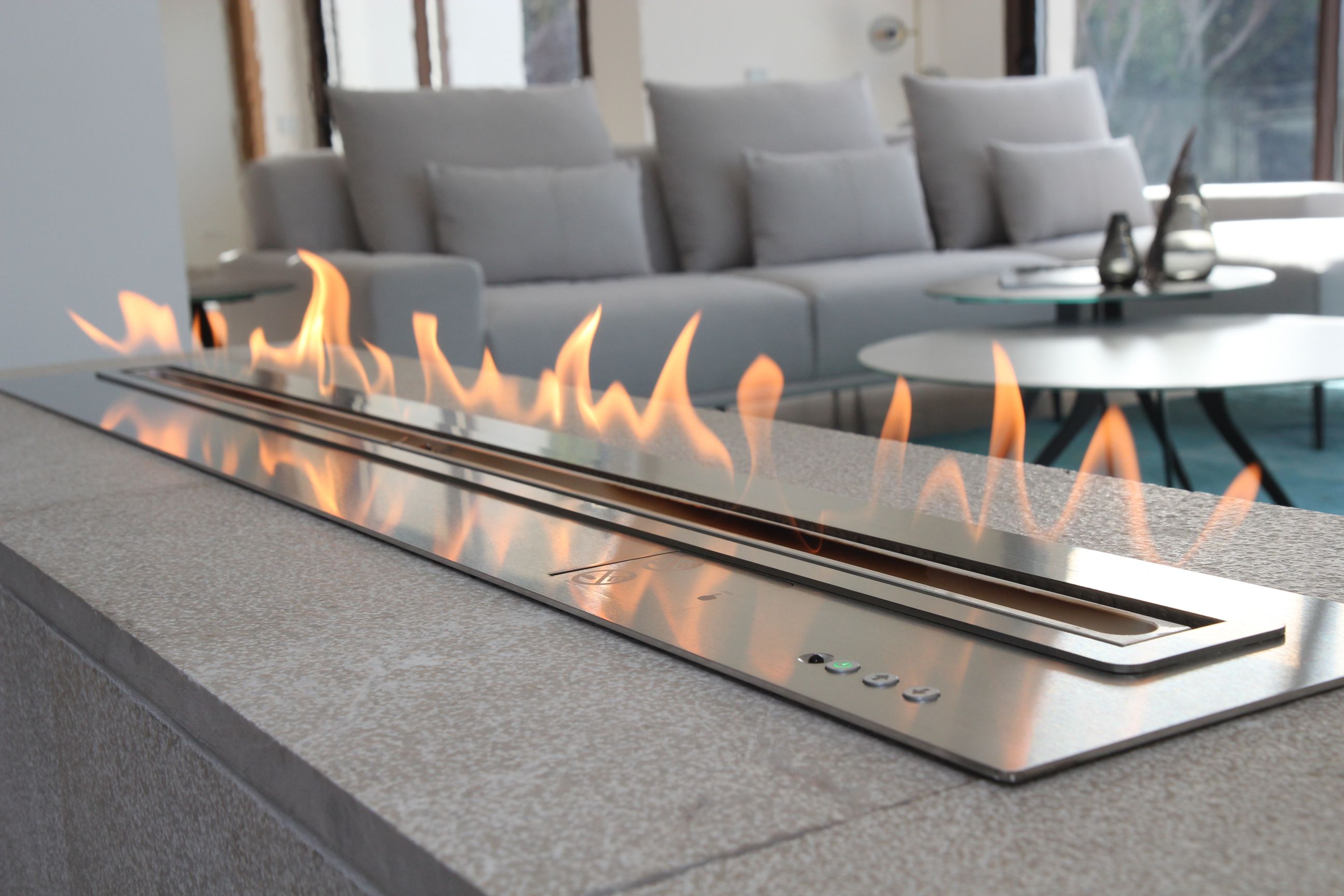
The winter months are a time for keeping warm which means making use of products like heaters, hot water bottles, electric blankets, heat packs or sitting near a cosy fire. There are safety risks associated with many winter products, and if not careful, they could pose a fire hazard to your home.
Follow these important safety tips to help you warm up safely this winter.
1. Smoke alarms
If you’ve had your smoke alarm for more than 10 years then it’s time for a replacement. Don’t forget to change the batteries and test your smoke alarm each year.
2. Electric blankets
Electric blankets can feel snug, but it’s safest to turn them off before falling asleep. If you’ve had the same blanket for a while, check that cords aren’t frayed and that wires aren’t worn out. And never place heavy items on top of the blanket when it’s on.
3. Hot water bottles
To prevent burns, only fill with your hot water bottle with hot tap water – not boiling water. Never place the bottle directly on your skin - always use a fitted cover or wrap over the top. You should never leave a hot water bottle on one part of the body for more than 20 minutes.
4. Candles
Candles can be calming, especially in winter. But never leave open flames unsupervised or near combustible materials such as curtains, bedding or clothing. Always supervise children around open flames and ensure lighters and matches are kept out of reach.
5. Fireplaces
Before you light a fire to heat your home this winter, check that your chimney is clean and well ventilated. It’s recommended that a mesh screen sits in front of your fireplace to prevent sparks and wood from falling out.
6. Heaters
Your heater should sit on a flat level surface and be at least one metre away from combustible materials. It’s essential that heaters designed for the outdoors are never brought inside your home.
7. Wheat/heat packs
Heat/wheat packs can be convenient, but it’s important to follow the heating instructions. Never overheat the pack and let it cool fully before reheating. If the pack smells like it’s burning, let it cool and throw it out – it’s no longer safe to use.
8. Decorative alcohol fuelled devices
These devices are mostly used for decoration but larger models are sometimes used to add warmth. Never leave the device on overnight or unsupervised and keep it away from combustible materials. Only refill it once the flame is completely extinguished and the device is cool. And if you have a smaller ‘table top’ style device you should stop using it due to safety risks of the device tipping and issues with refilling.
9. Button batteries
If children will be spending time indoors at your place this winter, this increases the risk of exposure to potential hazards in the home such as button batteries. These tiny batteries are found in many household items – e.g. TV remotes, key fobs and torches. If swallowed button batteries can cause serious harm. Check that items with button batteries have secure battery compartments that can’t be opened by children, such as being secured with a screw. If you suspect a child has swallowed a button battery immediately call the Poisons Information Centre on 13 11 26.
10. Mould
Your home is more prone to mould in winter and this can trigger respiratory issues. Open windows each day to ventilate your home and clean up any mould as soon as you notice it. Scrub mould with soapy water or vinegar and dry the area.
Please report unsafe products to Consumer and Business Services via the Contact us online reporting tool or phone 131 882.


